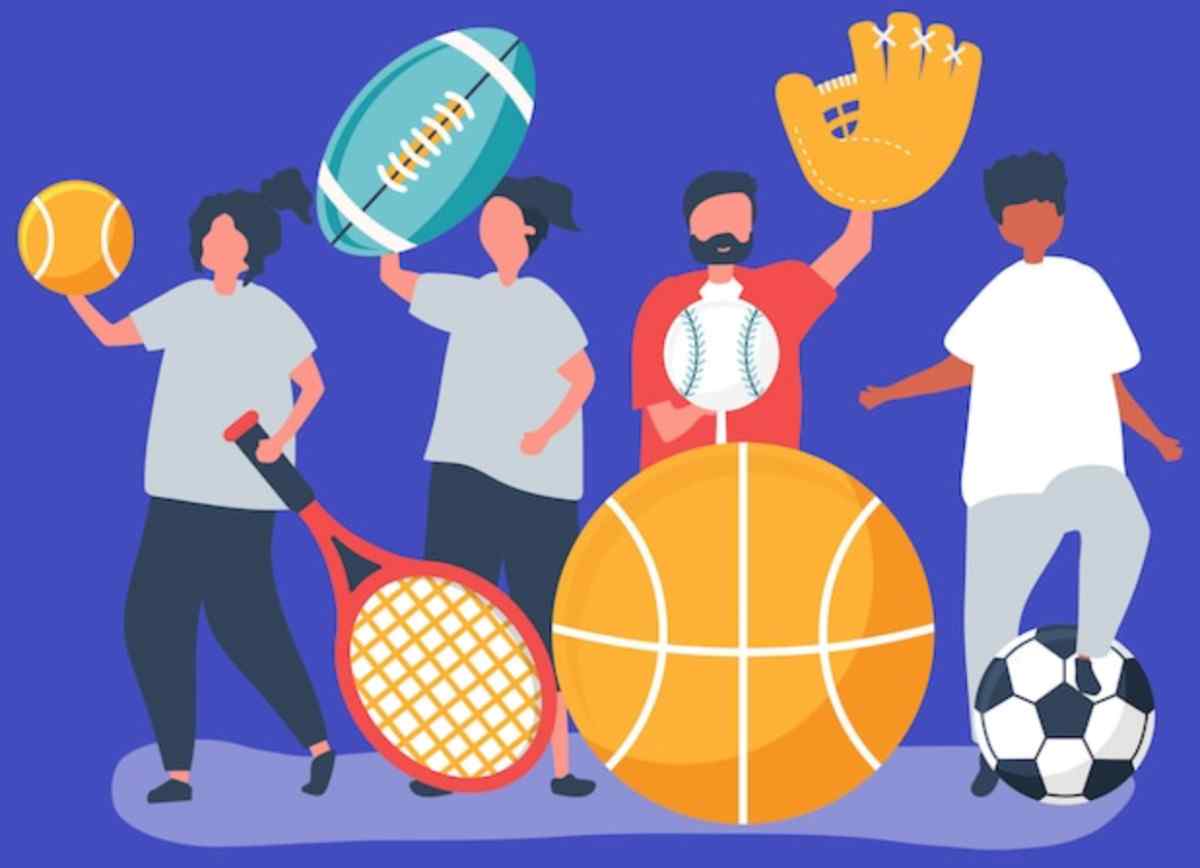How to build an Athletics Alumni Network

With universities more involved with alumni, alumni athletics constitute an extremely active and committed constituency. Properly organized and they can be a powerful force—program building and institutional pride. Coupling with the central alumni association allows athletic departments to draw on established resources and build outreach in a positive manner. That is how one develops a robust athletic alumni network that generates pride, mentoring, and sustained involvement.
1. Develop a Comprehensive Alumni Athlete Database
Create a centralized and up-to-date database that includes names, contact details, sports played, graduation year, current occupations, and areas of interest. This foundation is crucial to every communication, event planning, or fundraising initiative. Ensure the database complies with data privacy norms and is integrated with your alumni portal or CRM system to streamline future engagement efforts.
2. Invite Participation through Multi-Channeled Communication
Keep alumni athletes engaged and connected by considering communication. Utilize the mix of e-mail newsletters, social media posts, and alumni portals to distribute athletics program information, university updates, and occasions. Relevance and consistency is the recipe to keep them active.
3. Host Events That Celebrate and Reconnect
Organize alumni-exclusive sports events like reunions, homecoming tailgates, and VIP stadium seating during highlight games. These events rev up the camaraderie, make the school spirit a reality, and provide an excuse for alumni to come back on campus.
4. Develop Online Communities to Create Long-Term Connection
Establish private web forums or communities where athletics graduates can exchange information, view games, reminisce, and talk with other members of their teams. Social websites such as Facebook or LinkedIn provide a perfect mode of communication and nostalgia throughout the year.
5. Reward and Recognize Athletic Achievement
Establish an Athletics Hall of Honor or Alumni Recognition Program to honor achievement in and out of the game. Public recognition not only shows gratitude but also solidifies current and former students’ sense of institutional pride.
6. Establish Mentorship Programs with Accountability
Pair today’s student-athletes with successful alumni who have walked similar paths—either through sport or post-athletic pursuits. These relationships offer on-the-ground advice, counsel, and support for life after the jersey.
7. Tap Alumni Support Through Fund Raising
Implement targeted fund raising campaigns for sports scholarships, equipment upgrades, or team travel allowances. Just list the advantages of each donation and acknowledge donors in publications, events, or panels of donors.
8. Engage Alumni Participation in Contemporary Athletic Life
Grant special requests for alumni participation in games and tournaments. Grant access to reserved seating, name recognition, or halftime scoreboard calls to provide for them a special niche and feelings of ownership in the team experience.
9. Publish a Dedicated Athletics Alumni Newsletter
Produce bimonthly or quarterly newsletters featuring success among alumni, schedule of forthcoming games, and department news. Include individual stories of success, mentions of mentorship, and invitation to special events especially made for former athletes.
10. Get Involved Online with Interactive Campaigns
Develop online projects—such as quizzes, vintage photo contests, or “Where Are They Now?” profiles—to engage alumni and participate online. Such campaigns will thrive on social networking sites and be spread easily throughout networks.
11. Celebrate Success Off the Field
Highlight graduates who have attained exceptional achievement in their professional, community, or cause pursuits. These models inspire current students and align with the ultimate value of the sporting experience.
12. Promote Community Outreach and Volunteering
Invite alumni players to participate in community-oriented projects, youth clinics, or service programs. It benefits society, but it also ensures them of their devotion to the mission of the university.
Conclusion
Athletic alumni network development is not sentimentalism—it’s a considered strategy. When schools invest in long-term relationships, people-to-people interaction, and mutual celebration, they make former athletes life-long alumni ambassadors. By intentional planning and active engagement with the primary mainline alumni organization, schools can develop a proud, active, and generous athletics alumni community that’s repaying institutional success on and off the field.
Let’s discuss the idea
Join hundreds of companies transforming their corporate communities with Almashines






